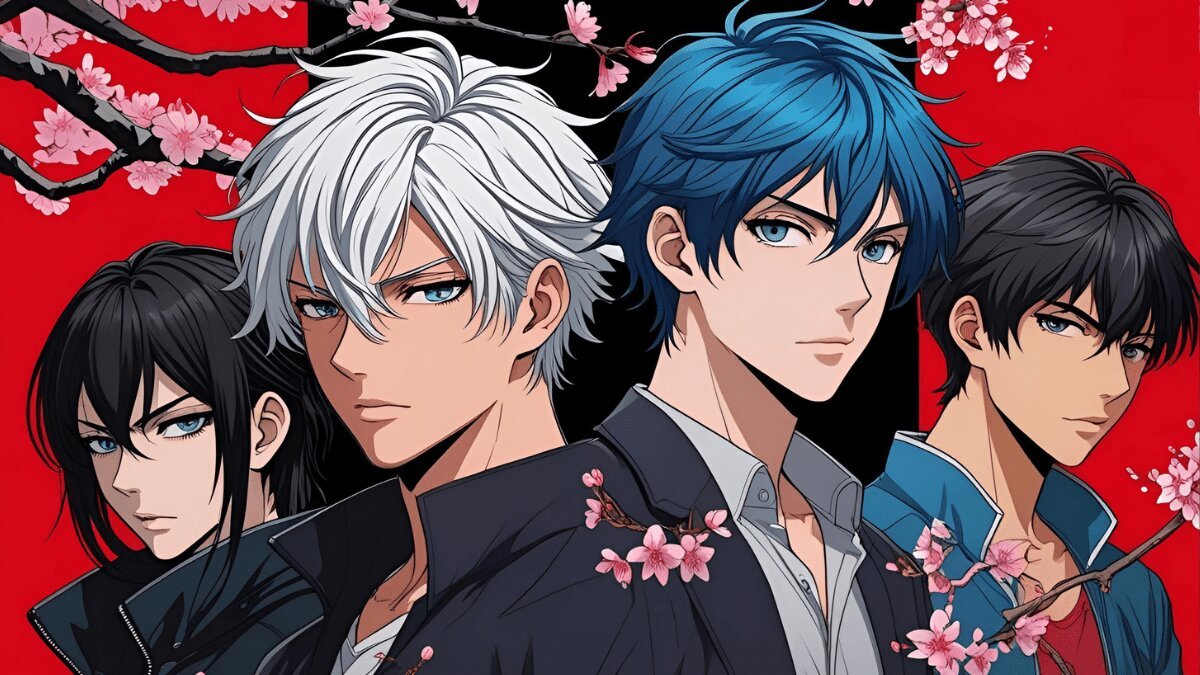Stories are mirrors of the societies that create them. In Japan and South Korea, two of the world’s most influential storytelling industries—anime and K-dramas—offer wildly different visions of what it means to be a hero. While anime often places its protagonists in fantastical, world-ending crises, K-dramas ground their leads in intimate struggles of love, family, and morality.
Anime heroes are often tasked with saving humanity, the planet, or even the universe itself. Think of Naruto Uzumaki striving for peace, Goku defending Earth, or Eren Yeager in Attack on Titan confronting forces far greater than himself. Their journeys revolve around epic stakes, battles against impossible odds, and sacrifices that ripple across entire worlds. These narratives elevate the individual to a mythic status, reminding audiences that even one person can alter destiny.
K-dramas, meanwhile, prefer heroes who save hearts rather than worlds. From the charming lead in Crash Landing on You to the resilient characters in Reply 1988, the drama comes from interpersonal conflict, emotional resilience, and the pursuit of love. Instead of cosmic stakes, the challenges are deeply human—winning affection, mending families, or facing societal pressures. These heroes resonate because they feel attainable: everyday people navigating extraordinary emotional circumstances.
Together, anime and K-dramas highlight how cultural storytelling traditions shape not only what we watch, but also what we aspire to become.
Anime’s Cosmic Scale of Heroism
Anime thrives on grandeur. Its heroes are rarely ordinary—they’re chosen ones, outcasts, or reluctant saviors whose missions expand beyond personal lives. Naruto wants acknowledgment but ends up striving for global unity. Goku may just love fighting, but he embodies the ultimate protector of Earth.
This larger-than-life storytelling reflects Japanese cultural themes of resilience, sacrifice, and collective survival. Post-war narratives often emphasize rebuilding, defending, and enduring against overwhelming threats. In anime, heroism is not just personal—it’s existential, a responsibility to save not just loved ones, but entire civilizations.
The intensity of anime’s scale appeals to audiences who crave escapism and the thrill of imagining worlds where one person’s courage truly reshapes reality.
K-Drama’s Intimate Scale of Love and Family
K-dramas, by contrast, prioritize the emotional battlefield. Heroes are rarely asked to save the world; instead, they navigate heartbreak, class divides, and familial obligations. Their triumphs are measured not in battles won but in relationships healed.
In It’s Okay to Not Be Okay, the hero’s strength lies in emotional vulnerability. In Crash Landing on You, love becomes a rebellion against political divides. Even in more dramatic thrillers like Sky Castle, the stakes remain rooted in personal ambition, love, and societal expectation.
This focus reflects Korean values of community, connection, and resilience in the face of social pressure. By centering on hearts rather than worlds, K-dramas remind us that love itself can be the most radical form of survival.
Why Both Worlds Captivate Global Audiences
Despite their differences, both anime and K-dramas captivate audiences because they fulfill universal desires. Anime offers escapism, transporting viewers into battles of cosmic importance. K-dramas offer relatability, anchoring us in struggles we could imagine living ourselves.
Global audiences consume both, often for different reasons. When we want to feel awe, we turn to anime. When we crave intimacy, we turn to K-dramas. Together, they offer a balance: the mythic and the human, the epic and the tender.
These distinct forms of heroism remind us that saving the world and saving a heart are not opposing ideas—they are complementary. Both speak to humanity’s deepest wish: to matter, whether on a universal scale or in the quiet of a single relationship.
Conclusion
At first glance, anime and K-dramas appear to exist on opposite ends of the storytelling spectrum—one deals with colossal battles, the other with tender confessions. But look closer, and both reveal profound truths about what it means to live meaningfully.
Anime heroes inspire us with the possibility of greatness. They embody the dream that one voice, one act of courage, can alter the fate of entire worlds. K-drama leads ground us, reminding us that life’s most significant victories often happen in the small, everyday choices—to love bravely, to forgive deeply, to stay true to ourselves despite societal pressures.
The appeal of both lies in balance. Viewers may be captivated by Attack on Titan’s apocalyptic tension one day and soothed by Crash Landing on You’s heartfelt romance the next. Together, they satisfy our need for stories that are both larger than life and deeply personal.
In the end, anime and K-dramas aren’t so different. They both show us heroes who, in their own ways, save lives—whether through cosmic battles or quiet acts of love. Because whether we’re saving worlds or hearts, the essence of heroism remains the same: the courage to care enough to fight.


